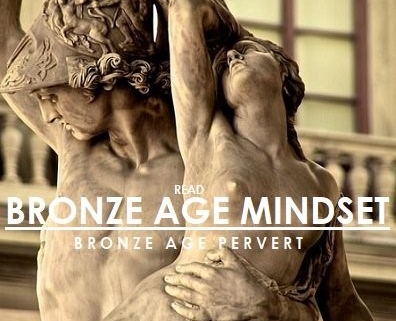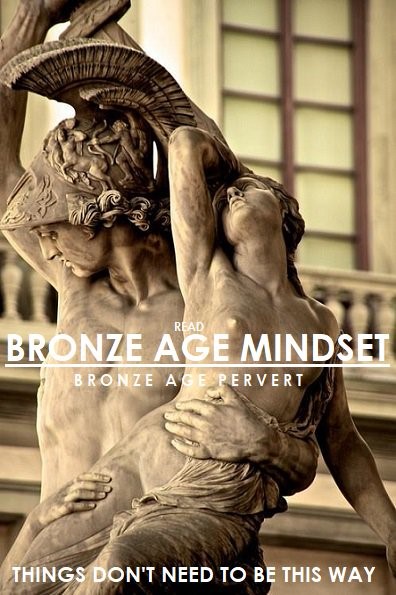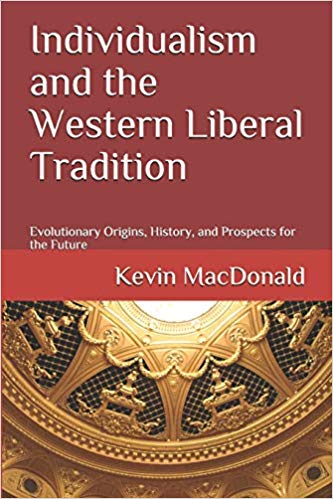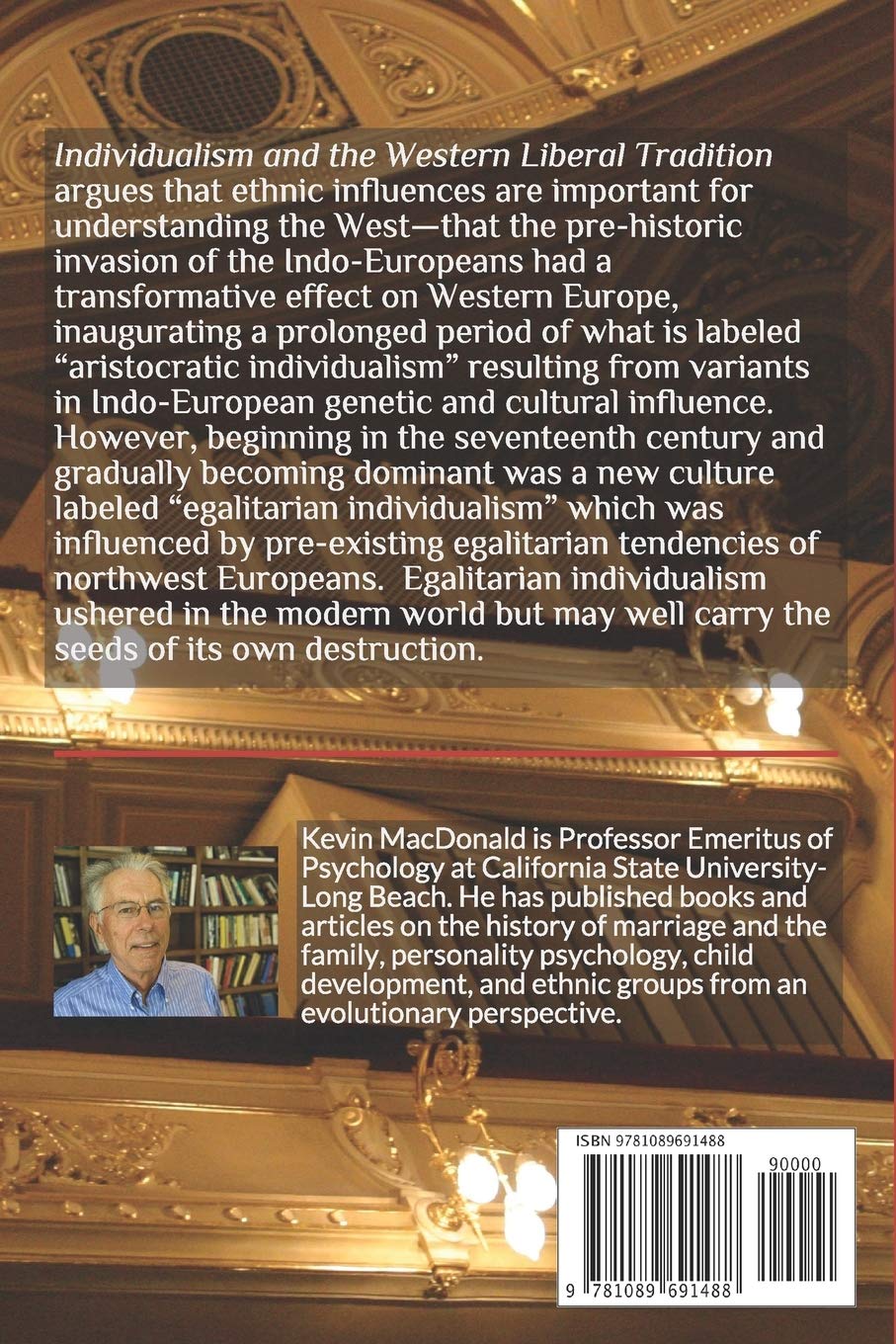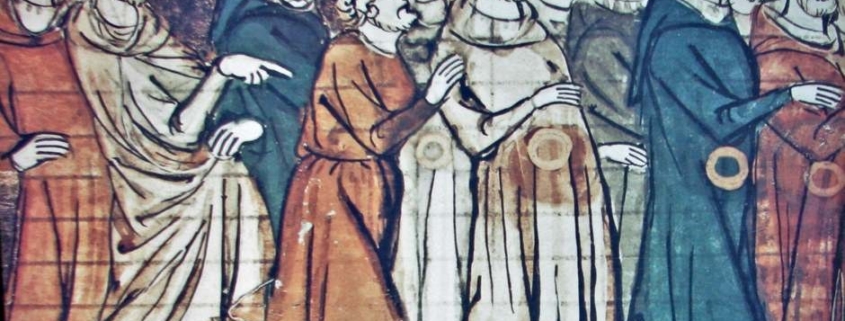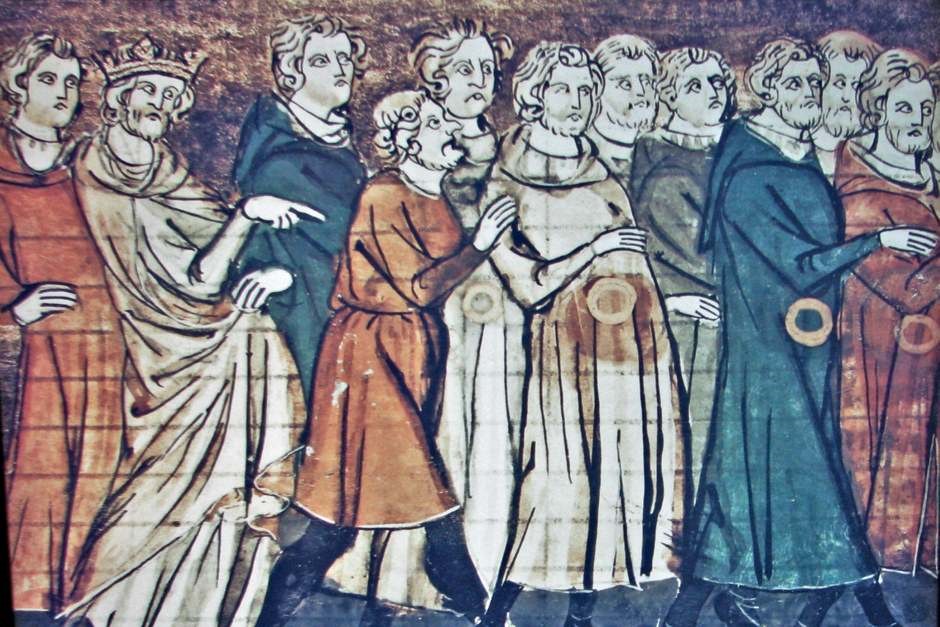The Way Life Should Be? Vol. IX: Cheap Labor is the Opiate of Dying Nations
“The [labor] shortage is so acute … other companies have gone so far as to offer higher wages to entice locals.”—Martha Searchfield, Bar Harbor Chamber of Commerce
You may remember that several years ago, Disney became notorious for hiring imported H-1B visa workers to replace their higher-paid American counterparts, and threatening to withhold severance packages if the outgoing American employees refused to train their new replacements. This then-new policy was overseen by Partnership for a New American Economy (NAE) member and Disney CEO Bob Iger. Recall the sheer number of powerful executives, major economic players, and prominent politicians among NAE’s ranks, as catalogued in the previous piece, and understand that it is no surprise that there has been virtually no resistance to the mass importation of scab labor from either the public or private sectors outside of organized labor and the odd Bernie Sanders (although the “new and improved” Sanders has changed his tune).
NAE’s entire raison d’etre is to pad corporate profits, and one of the ways they do that is to advocate for increased foreign worker visas. In fact, NAE founder Michael Bloomberg has publicly called for the removal of any cap on H-1B visas issued by the federal government, a sentiment echoed by Bill Gates and others. The H-1B visa worker program is just one of over twenty such worker visas allowing companies to push out American workers in favor of foreign ones. Regarding H-1B visas specifically, Ron Hira and Bharath Gopalaswamy write:
Technology and financial services firms have taken the lead in the public advocacy, spending millions of dollars on lobbying, creating numerous issue-specific advocacy organizations, and funding favorable studies at think tanks. Unlike traditional policy advocacy—which is typically left to the government affairs departments of corporations—pushing for H-1B expansion has seen CEOs be highly visible. Celebrity CEOs such as Bill Gates, Mark Zuckerberg, Eric Schmidt, Jamie Dimon, and Michael Bloomberg have publicly advocated for expanding the H-1B program—through op-eds, speeches, sponsoring news organizations’ events designed to influence lawmakers’ views of the program, letters to shareholders, and congressional testimony.[1]
Further, in true Woke Capital fashion, the authors continue, “To broaden the appeal of expanding the program, they have linked their messages to broader advocacy efforts on behalf of Deferred Action for Childhood Arrivals (DACA) recipients and the undocumented.” With few exceptions, the entire capitalist structure is in favor of unlimited immigration so long as it serves their needs; organizations such as NAE, the George Soros-funded National Immigration Forum, the American Action Network, FWD.us, and the US Chamber of Commerce are the rule, not the exception. In 2013, 450 businesses, chambers of commerce, advocacy groups, immigration attorney groups, and other organizations issued a letter to Congress calling for “Immigration Reform NOW.” The letter’s signatories demanded a doubling of immigration into the country and full amnesty for all illegal aliens. Disney was of course represented—as were NAE, FWD.us, the American Action Network, and the National Immigration Forum—and also present were a slew of tech companies from Dell to Google to Microsoft to Facebook to Cisco Systems. Also well-represented were companies that thrive on the cheap labor provided by H-2A and H-2B visas. The H-2A is designed to import agricultural labor and the H-2B is for general non-agricultural labor (think maids, restaurant employees, etc.). As Jon Feere relates:
The companies apparently looking for more H-2A visas (i.e. cheap agricultural labor from overseas) include the Sun-Maid Growers of California, Welch Foods Inc., the New England Apple Council, Sweet Potato Council of California, National Christmas Tree Association, and various state nursery, landscape, and farm bureau organizations. The companies apparently looking for more H-2B visas (i.e. cheap non-agricultural labor from overseas) include Hilton Worldwide, Marriott International, and the National Council of Chain Restaurants. Many state Chambers of Commerce also signed on. … Santa Clara University also signed on to the letter, the only school on the list. The school bills itself as “The Jesuit University in Silicon Valley,” so they likely received pressure from both the Jesuits and the IT industry to support amnesty. And perhaps being the alma matter of Janet Napolitano had something to do with it.[2]… Also on the list is FWD.us, a pro-amnesty group created by Facebook’s Mark Zuckerberg. The group created an off-shoot called “Americans for a Conservative Direction” aimed at selling amnesty from a conservative perspective (despite the fact that the organization is run by Obama-supporting liberals). It is this group that created the deceptive amnesty ad that starred Sen. Marco Rubio (R-Fla.) earlier this year.[3] …
The quaint notion that employers will self-regulate has been shattered by dozens of stories of household names replacing US workers with H-1Bs. This common practice has reportedly been used by Disney, Southern California Edison, New York Life, Abbott Labs, Fossil Group, and many other leading firms. Perhaps the most stunning case was when UCSF forced Robert Harrison and his colleagues to train their H-1B replacements. UCSF is part of the University of California (UC) system, one of the largest public university systems in the country. According to Senator Dianne Feinstein (D-CA), the UC system received $8.5 billion in grants and subsidies from the federal government. More astounding, Janet Napolitano, UC’s president, previously served as secretary of the Department of Homeland Security, the agency that administers the H-1B program. During an oversight hearing before Congress in 2009, Senator Durbin asked then-Secretary Napolitano what she was doing to ensure that US workers were not being displaced by H-1B workers. She responded, “Our top obligation is to American workers, making sure American workers have jobs…We are going to keep at this to make sure that the intent of that program is fulfilled.” Remember, the intent is that H-1B workers are filling positions for which there is a bona fide labor shortage. After the UC H-1B scandal became public in late 2016, about a dozen members of Congress sent letters to Napolitano, urging her to reverse course. In spite of this public admonition, she went forward with replacing her US workers with H-1Bs. The lure of lower-cost, hassle-free workers was too tempting for even for a public university like UC to pass up.
Immigration law firms were well-represented on the list because, as Ron Hira and Bharath Gopalaswamy explicate:
Immigration attorneys, who have expert knowledge about how the H-1B program operates, have also advocated for H-1B expansion and argued that current safeguards are more than adequate. This should come as no surprise, since H-1B cases are often a large source of revenue for immigration law firms. The more H-1Bs issued, the greater the revenue earned by them.[4]
Outsourcing firms also make billions of dollars in revenue from the current system, and a removal of the cap on foreign worker visas would be a financial windfall. Many businesses enjoy these visas not simply because of the lower advertised wages they pay and the fact that the workers typically demand and receive fewer benefits; an unfamiliarity with labor rights and often a language barrier enables employers to exploit these workers by underpayment either through position re-classification or through undocumented overtime, as well as a failure to reimburse workers for expenses normally covered by the employer, such as uniforms. Bread and Roses Bakery, Inc. in Maine is one such business that checks all of those boxes, and when caught last year, the owner flippantly commented that she thought the government had “more important things to do” than to enforce labor law—and in a sense, she’s right. The abuses go much further than this one bakery, however; I will go into much greater depth in the next installment of this series, but it is vital to understand that the issue is systemic:
U.S. H-2B employers and the U.S. recruiters they hire often partner with foreign recruiters, and then deny knowledge of the foreign recruiters’ tactics when fraud and abuse are alleged. U.S. courts have not shown a willingness to try cases of abuse when the violations occur outside the United States, even if the case involves a job being performed in the United States…Despite credible allegations and even convictions for fraud and abuse of both H-2B workers and the program in general, neither the Department of Labor (DOL) nor the Department of Homeland Security (DHS) has ever barred a U.S. company from filing H-2B petitions. Some repeat offenders continue to have their petitions approved to this day.[5]
Furthermore, write Hira and Gopalaswamy:
Most of the abuses—whether the low wages for H-1Bs or even the replacement of US workers with H-1Bs—are legal under the current laws and regulations. Increased efforts at enforcement are ineffective when abuse is legal. Even in the high-profile cases of Disney and Southern California Edison, where US workers had to train their H-1B replacements, government investigations found the practices perfectly legal, leaving US workers with no recourse. Any government investigation of the widespread use of the H-1B for cheap labor would prove similarly fruitless since it too is legal.[6]
And there’s the rub: of course illegal migration into the United States is a massive issue, but even its full curtailment, while necessary, is not sufficient to stop the demographic destruction of the United States and its transformation—already well underway—from a nation to an economic zone. We live in a market. If you think the push for open borders has anything to do with humanitarianism, you’re being naïve at best. The Central Bank of Ireland admitted as much: they need a certain intake of people to keep wages from rising. There are other reasons for the mass importation of alien peoples as well, but as regards wages, it’s primarily considerations of supply-and-demand and collective bargaining, or lack thereof.
In the antebellum South, indentured servants and slaves filled the labor needs of many major landholders, whereas in the North child labor was prevalent. As the mid-nineteenth century approached, immigrants from countries like Ireland joined the Yankees in laboring in factories and mills in the rapidly-industrializing Union. Freed Blacks filled this role during the Great Migration when immigration was restricted in the 1920s, and soon thereafter women were “liberated” from their “burdens” of home-making and child-rearing to depress wages and provide a financial windfall of tax revenue to the federal government. Immigrant populations arriving in the United States have typically come in waves, and these waves very often served to provide cheap, disposable labor for the expanding industrial economy as the nineteenth century progressed, and the de-industrialized service-sector economy post-1965. This model has been adopted across the West at various intervals in the immediate aftermath of World War II (aka, Year Zero, per Dharmakirti). Immigrants, women, and now sexual identity groups (although the latter two are more white-collar phenomena) have been a boon to capitalists looking to keep wages as low as possible and break the collective bargaining power of organized labor, which has also traditionally been the bulwark against mass immigration, not just in the United States but in countries like Canada, Australia, and others. The specific context of Maine will be explored in my next piece, but it is important to understand this economic motivation on the part of Money Power in order to see the big picture. Without grasping the economics, much of what the “elites” are doing remains obscured. Returning once more to Hira and Gopalaswamy:
Labor markets work like other markets. When there is growth in demand for a particular good or service, prices (and, in this case, wages) rise, sending a signal to supply…Employers can fill a position with an H-1B worker without ever attempting to recruit a US worker for the job…The rationale for not requiring active recruitment of US workers was to expedite the hiring process for an H-1B worker. The assumption was that employers would only use the program when they couldn’t find an American worker, but that assumption has proven wildly incorrect. Many employers actually set aside jobs for H-1B workers through preferential hiring practices, and even replace US workers with H-1Bs. Such practices may surprise some, but they are perfectly legal—and, more importantly, perfectly logical because employment norms and firm behaviors are far different today than they were in 1990. The rise of shareholder-value-driven management means that the logic of the firm is to maximize profits. If hiring an H-1B worker instead of an equally qualified US worker increases profits, then the firm’s executives will choose to do so.[7]
Once again, there are no legal disincentives to do so, only moral ones, and given where we’re at…well, you get it. Even if there was a moral objection to replacing your countrymen in the name of profit, the nature of most industries would quickly see that company go out of business. The libertarian notion that industries self-regulate in the absence of government is laughable—and destructive. Beyond the false Judaic construct of the “free market,” which would see the state run by corporations for the benefit of corporations, laissez-faire economics marginalizes such “externalities” as blood and soil. Both wind up exploited, polluted, and ultimately destroyed.
More next time.
Reposted with permission from The Anatomically Correct Banana.
[1] https://www.atlanticcouncil.org/images/publications/Reforming_US_High-Skilled_Guestworkers_Program.pdf
[3] https://cis.org/Feere/Yelp-Gives-FiveStar-Review-Amnesty-So-Do-Virgin-America-Overstockcom-EBay
[4] https://www.atlanticcouncil.org/images/publications/Reforming_US_High-Skilled_Guestworkers_Program.pdf
[5] https://cis.org/Dirty-Work-InSourcing-American-Jobs-H2B-Guestworkers
[6] https://www.atlanticcouncil.org/images/publications/Reforming_US_High-Skilled_Guestworkers_Program.pdf



